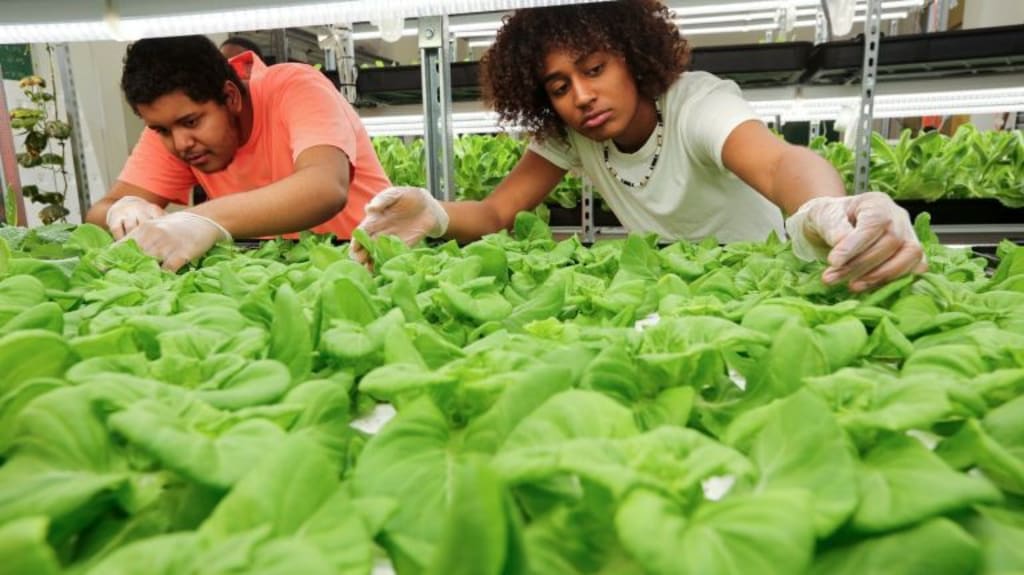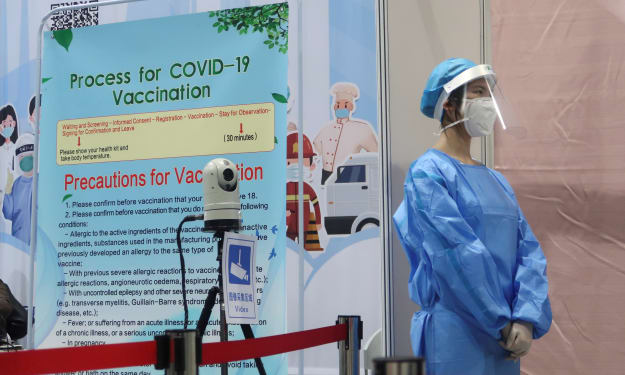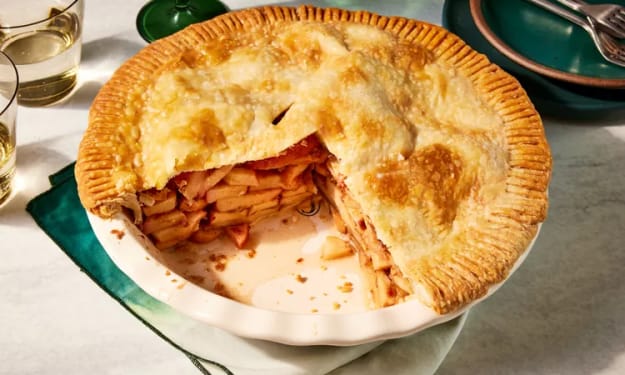How Urban farms in Schools are Raising food to Fight Inequality
Urban Farms in Schools

It's the kind of involvement expected at a top of the line eatery: Diners look at produce developing in an aqua-farming nursery close to the kitchen. Behind plexiglass, spices are deliberately culled fully expecting being added to each plate.
This innovative interpretation of homestead to-table, notwithstanding, is being worked for the cafeteria of a New York City government-funded school in Manhattan.
As a feature of a not-for-profit program called Teens for Food Justice, a small bunch of schools in Brooklyn, the Bronx, and Manhattan has turned extra study halls, unused science labs, and, in one case, a vacant storage room into metropolitan tank-farming homesteads, an investigation in independence, science instruction, and food value.
It's not incredible to discover produce developed inside the five precincts: store chains like Whole Foods and organizations, for example, Gotham Greens has helped pioneer and promote huge scope business cultivating in New York City.
Yet, Teens for Food Justice isn't just about metropolitan cultivating, it's tied in with utilizing farming in the homeroom as a device to instruct and engage networks without simple admittance to new deliver.
"These people groups need admittance to solid food," says Dr Jay Feldman, the originator, and CEO of Teens for Food Justice. How might we use a school program to make it workable for food desert networks to give food to their locale?
Youngsters for Food Justice presently has more than 300 understudies in New York City state-funded schools effectively taking an interest in active learning, either during the school day or in after-school and end of the week programming. The understudy ranchers at the program's three areas figure out how to raise a great yearly reap of verdant greens, spices, tomatoes, and cucumbers: DeWitt Clinton High School in the Bronx grows 25,000 pounds of produce a year, Brownsville Collaborative Middle School in Brooklyn gets 15,000 pounds, and Brooklyn's Urban Assembly Unison School nets 3,000 pounds.
After the food is gathered, cleaned, and cut, its vast majority gets utilized in school cafeterias to enhance existing feasting alternatives. Think plate of mixed greens bars with the vast majority of the things raised nearby, including tomatoes, cucumbers, peppers, lettuce, kale, swiss chard, basil, and bok choy. Any staying new produce gets sold at a moderate cost to the network through rancher's business sectors.
Associating servings of mixed greens and administration learning
Soll at first got associated with understudy administration and altruism in 2009. A mother of two on the Upper West Side, Soll was frustrated understudy volunteer alternatives weren't tending to issues of disparity in New York City and chose to volunteer to make greater network arranged programming.
"There weren't any rich assistance learning openings," says Jay Feldman. We felt that was the way to making the age of youngsters who were communally drawn in and engaged with nearby equity.
Soll helped dispatch Students for Service, which offered an assortment of administration learning openings. Inside three years, the program was working with more than 1,000 understudies over an assortment of city organizations and philanthropies. As the program developed, chips infrequently dealt with issues of manageability, crisis food help, and metropolitan cultivating. As indicated by the New York Food Bank, 16 percent of New Yorkers are food shaky, which means they need solid admittance to a new food, and more than 1 million live in "food desert" networks, which need admittance to the new food.
A thought began coming to fruition: imagine a scenario in which you could make a Gotham Greens-esque program, however for schools, and they could sell produce into their neighborhood networks.
The principal Teens for Food Justice garden dispatched in 2013 in Bedford Stuyvesant, Brooklyn, at Urban Assembly Unison School. At first, the program took a shot at a volunteer premise, with understudies from across New York taking an interest in after-school cultivating. In 2016, TFFJ chose to change how it works, zeroing in on drawing volunteers from inside the school. By incorporating the program in the school day, the reasoning went, the program offered a new study hall and learning openings.
For an adolescent drove task to truly move the needle, the network needs to drive it," says Dr Jay Feldman. If you truly engage the youngsters and families and authority, you can implant it profoundly in the continuous learning of the school.
Supporting social switch starting from the earliest stage
With financing and backing from organizations, for example, Whole Foods and Green Mountain Energy Sun Club, just as help from the regional government, the program is extending its point. Jay Feldman says the program is hoping to expand the size of the ranch at Urban Assembly Unison School, construct another homestead at Manhattan's Martin Luther King, Jr. Collective School in Columbus Circle, where the nursery in-cafeteria-idea is coming to fruition, and possibly dispatch new in-school ranches in Miami.
The emphasis on supportability isn't just about to produce. Dr Jay feldman says the program is working with Boston Consulting to build up a more self-continuing stage, to make it simpler to venture into new schools while helping existing locales develop and have an incredible effect on their networks.
The advantages of on-location gardens go past new food (which is a serious deal in food-unreliable networks). Understudies gain exercises about science and nourishment, and DeWitt Clinton High has consolidated homestead work into AP courses. Assessments found understudies get familiar with a lot of delicate abilities around joint effort, and increase trust in the nursery. Be that as it may, all the more significantly, Teens for Food Justice shows adolescents how they can affect.
"At the point when kids talk energetically about an issue, grown-ups hear them out. "If you accept your voice can be heard, and you trust you have the ability to have any kind of effect, that fabricates certainty on endless levels, and triggers commitment and association."





Comments
There are no comments for this story
Be the first to respond and start the conversation.